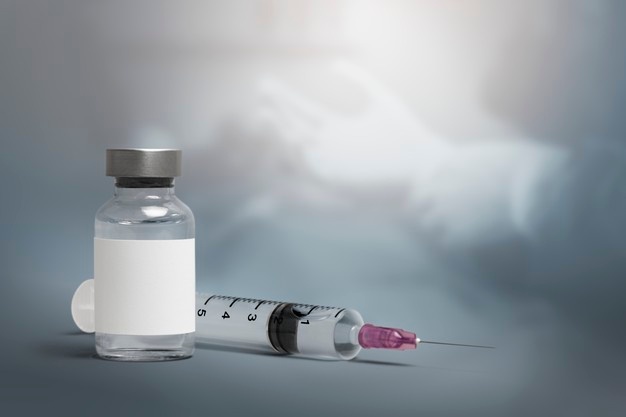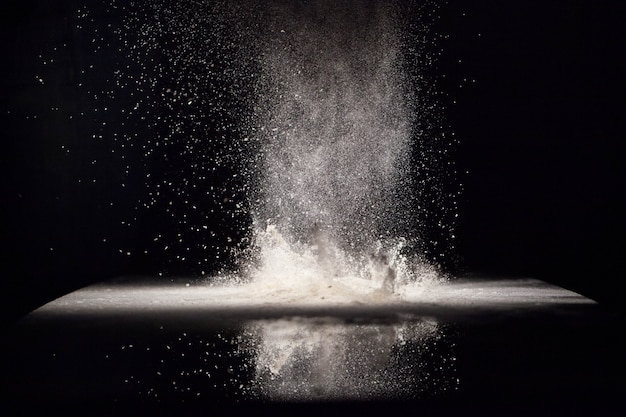
Cocaine is a widely abused drug, with 5.5 million Americans using the substance in 2018. Cocaine is a powder substance derived from the coca plant that produces extreme euphoria and heightened energy. Crack cocaine, however, is a rock-like substance that derives from cocaine. Because of this, crack and cocaine are very similar. Out of the 5.5 million Americans who abused cocaine in 2018, 757,000 also used crack.
Both crack and cocaine are highly addictive substances that can cause serious adverse health effects when abused. While the two substances share some key differences, they both require professional addiction treatment. Let’s take a look at the differences between crack and crack cocaine as well as how an addiction counselor can help.
Cocaine is hydrochloride salt made into a powder form. This drug is a highly addictive stimulant that derives from the South American Coca plant. Individuals become addicted to cocaine’s ability to produce feelings of high levels of confidence and energy. However, the high associated with cocaine only lasts for a short time, causing individuals to binge on the drug repeatedly to avoid experiencing a crash.

Often called coke, snow, white girl, or blow, cocaine is typically snorted through the nose. However, some individuals may inject, smoke, or mix cocaine with other substances like methamphetamine or heroin. Mixing cocaine with other drugs makes the use of this substance much more dangerous. Similarly, individuals who inject cocaine are at risk of developing additional health conditions like Hepatitis or HIV.
When a person abuses cocaine, they may seem uncharacteristically hyper and confident. They may be scratching their nose or sniffling often as well. Other symptoms of cocaine abuse include:
Individuals struggling with cocaine addiction should consult with a sober coach about professional addiction treatment.
While cocaine is a powdery substance, crack cocaine is a hard, rock-like substance. This drug is created by mixing cocaine with water and baking soda and cooking it until the substance hardens. Crack cocaine received its name from the crackling sounds the rocks make while they are being smoked.
Instead of being snorted, crack cocaine is typically smoked. The effects of crack are similar to cocaine, however, the high is more intense. Additionally, the effects of crack cocaine last for a shorter time than cocaine. This makes users crave the drug intensely, causing addiction to occur quickly. In fact, some users report being addicted to crack after using it once or twice.
Similar to cocaine, crack abuse causes intense bouts of energy that almost mimic mania. Individuals abusing crack cocaine may have crack pipes and crack residue in their homes or their cars. Additionally, crack abuse causes individuals to have trouble sleeping.
Individuals abusing crack cocaine are at risk of experiencing significant adverse health effects. Some of these include heart attack, stroke, heart failure, and respiratory failure. Because of this, people suffering from crack addiction should consult with a recovery guide about professional drug rehab.
The treatment for cocaine or crack addiction is the same: professional detox and residential rehab. Because both substances are highly addictive, individuals who quit using cocaine or crack will experience symptoms of withdrawal. While stimulant withdrawal typically isn’t life-threatening, the psychological symptoms are cause for concern. Because of this, addiction counselors always recommend attending a professional medical detox program.

Once an individual completes detox, they can move on to the next phases of crack and cocaine addiction recovery. Individuals recovering from cocaine or crack addiction typically experience long-term psychological effects. Because of this, attending a residential or inpatient treatment center is best. During residential treatment, patients will receive thorough behavioral therapy, group counseling, medication management, and learn valuable life skills. Additionally, they will have the access to work with a sober coach throughout their entire treatment plan.
Addiction to crack cocaine is not easy to overcome alone. Thankfully, sober coaches can help you or your loved one navigate sobriety and the challenges of early recovery. Recovery guides help their clients by providing behavioral therapies, referrals to quality treatment centers, access to self-help groups, and teaching healthy coping mechanisms to replace substance abuse. For more information on how an addiction counselor can help you overcome crack cocaine addiction, contact Michael Herbert.
Michael Herbert, The Recovery Guide, has more than 30 years of experience working closely with individuals and families dealing with addiction and recovery issues. He is a seasoned Coach and can help you and your family establish long-term goals and access the tools you need for continued abstinence and recovery for the entire family. Get in touch with Michael today at 561-221-7677 to schedule an appointment.